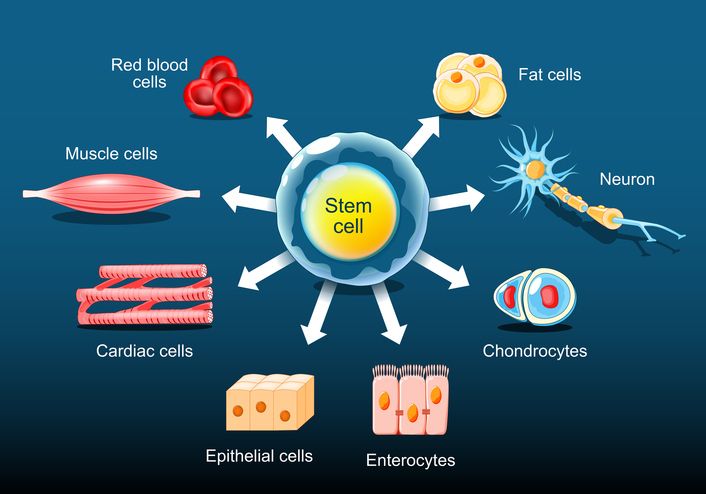Author: Natalie Ng|Updated: 14 May 2025
Vitamin E helps keep your skin healthy, smooth and resilient. It protects the skin barrier from things like UVB light, pollution and dry air while locking in moisture so your skin stays hydrated. Its powerful antioxidant properties support skin cells, calm inflammation and help the skin recover from everyday stress. When combined with vitamin C, it becomes even more effective. This pairing is often found in skincare products like vitamin E oil, body lotions and face creams. If you have acne prone skin or deal with skin disorders like atopic dermatitis, the benefits of vitamin E can be especially helpful. Whether you're getting it through food, supplements or applying it directly to your skin, enough vitamin E can make a real difference in how your skin feels and looks. Keep reading to see how vitamin E supports skin barrier repair, soothes irritation and fits into your daily skincare routine.

Antioxidant Protection from Vitamin E
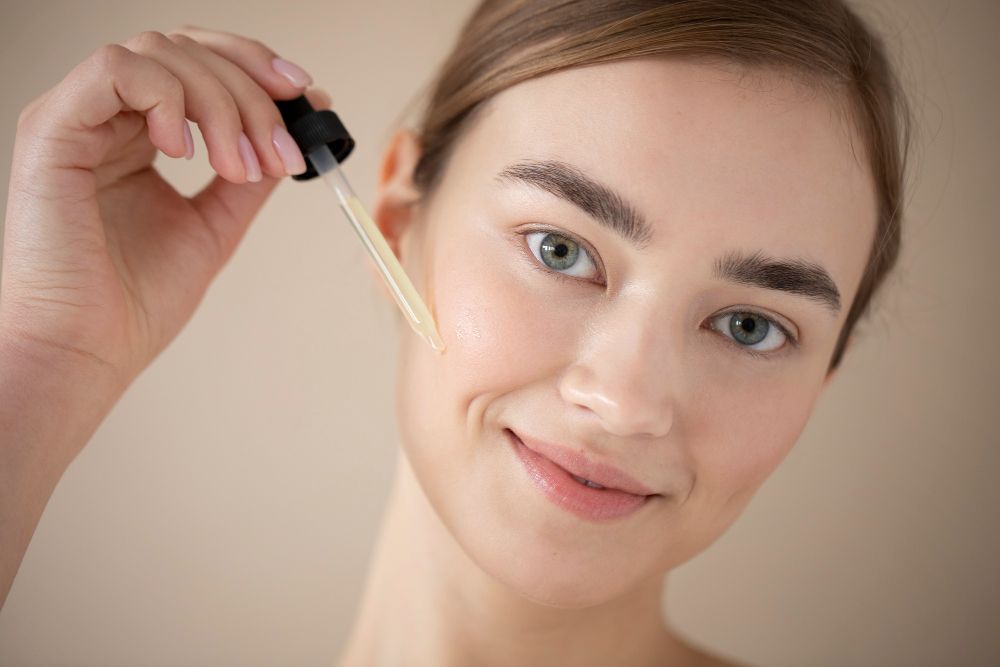
Supports skin exposed to stress
Vitamin E helps protect your skin from reactive oxygen species, which form when your skin comes into contact with UVB light, pollution or other stressors. These unstable molecules can damage skin cells, weaken your skin barrier and speed up signs of aging.
Works better in combination with other antioxidants
Vitamin E on its own can offer support, but its antioxidant benefits are limited when applied topically. It doesn’t absorb deeply and can break down quickly when exposed to light or air. That’s why many skincare products combine it with vitamin C or ferulic acid. Together, they give more reliable antioxidant protection and support skin health more effectively.
Benefits all skin types in a complete skincare routine
Adding vitamin E to your skincare routine works best when it’s part of a mix. Whether you’re using vitamin E oil, body lotions or topical vitamin E products, combining it with other antioxidant ingredients helps support all skin types, especially if your skin is dry, acne prone or regularly exposed to environmental stress.

Moisturizing Effects of Vitamin E for Barrier Repair
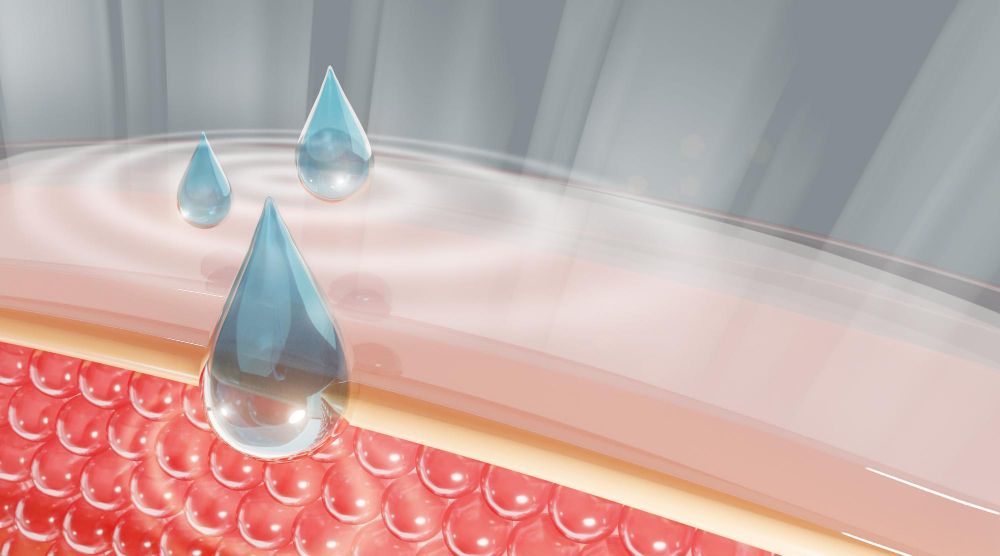
Seals in moisture to prevent water loss
Vitamin E helps maintain skin hydration by supporting the structure of your skin’s outer layer. When applied topically, it blends into the lipid barrier and works like a seal, keeping water from escaping. This prevents transepidermal water loss, which is a common cause of dry skin.
Strengthens the skin’s natural barrier
The skin barrier is made up of lipids and skin cells that work together to protect the body. Vitamin E supports this by filling in the spaces between skin cells. This creates a smoother, more even surface and helps the skin retain its moisture more effectively.
Supports natural moisturizing factors
Vitamin E works with your skin’s own moisturizing systems. It helps boost the function of naturally produced compounds that keep the skin soft and hydrated. This is especially useful if you have dry, flaky or irritated skin. By improving how skin cells hold together, vitamin E helps keep your skin barrier strong and hydrated over time.
Read More
Book Now to Experience
Acne Treatment
1 Minute Self-Registration
Date should not be before minimal date

Effects of Vitamin E on Collagen and Skin Cell Turnover
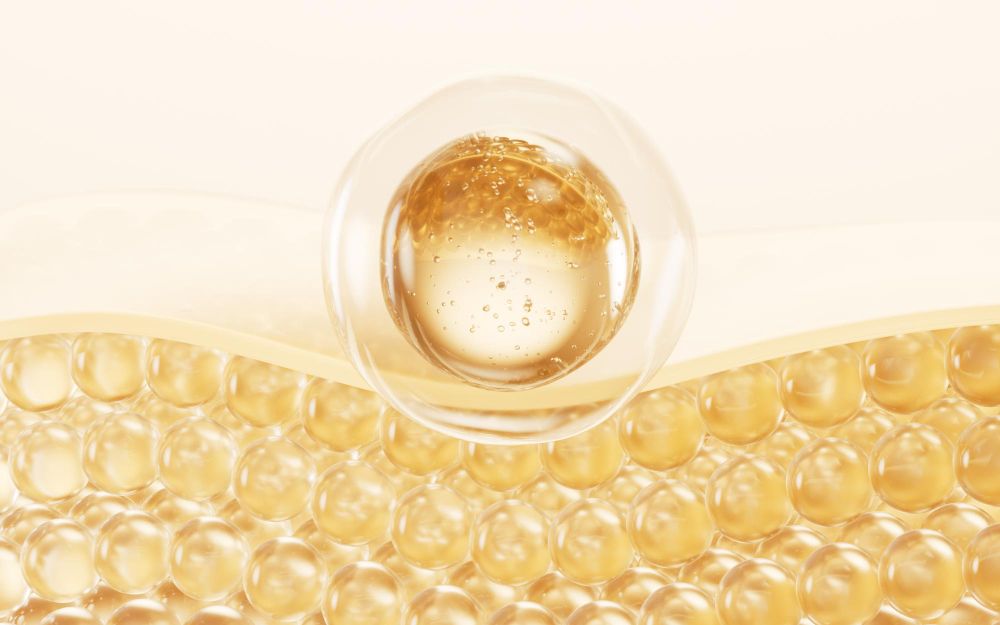
Helps protect existing collagen from oxidative damage
Vitamin E does not directly trigger new collagen production, but it helps protect the collagen your skin already has. Its antioxidant properties reduce the impact of reactive oxygen species, which can break down collagen and weaken skin structure over time.
Maintains skin cell integrity
Vitamin E supports healthy skin cells by protecting their membranes from damage. This helps maintain their structure and function, especially when the skin is exposed to environmental stress or UVB light. A stable cell membrane allows the skin to renew itself more effectively.
Supports skin regeneration in subtle ways
Although vitamin E doesn’t significantly speed up skin cell turnover on its own, it plays a protective role in the regeneration process. When applied topically or included in your diet, it helps shield developing skin cells from oxidative stress, which allows natural repair processes to function more efficiently.

UV Protection and Reduction of Photo-Damage with Vitamin E

Shields skin from UV-induced stress
Vitamin E helps protect your skin from damage caused by exposure to UVB light. It works by neutralizing free radicals that form during sun exposure. These reactive molecules can harm skin cells and speed up the signs of aging if left unchecked.
Builds up in the skin’s outer layer
When applied topically, vitamin E accumulates in the outermost layers of the skin. This allows it to act as a first line of defense by absorbing some UV energy and reducing the amount of oxidative stress the skin experiences. This makes it a helpful addition to products aimed at sun-exposed skin.
Works better when combined with vitamin C
Vitamin E becomes more effective when paired with vitamin C. This combination helps your skin recover from existing sun damage and improves protection against future UV exposure. The two vitamins work together to reduce inflammation and support your skin’s healing response after time in the sun.
Book Now to Experience
Acne Treatment
1 Minute Self-Registration
Date should not be before minimal date

Vitamin E for Reducing Inflammatory Skin Reactions

Calms visible irritation and redness
Vitamin E helps reduce inflammation by lowering the activity of molecules that trigger redness, swelling and discomfort in the skin. When applied topically, it can calm irritated areas and soothe conditions like contact dermatitis or mild sunburn.
Lowers inflammatory response in the skin
Vitamin E helps block the production of cytokines, which are chemical messengers that increase inflammation. It also stabilizes skin cell membranes, which keeps cells more resistant to stress and damage caused by inflammation.
Supports recovery in sensitive or acne prone skin
Inflammation plays a role in many common skin issues, including acne and eczema. By reducing oxidative stress and limiting inflammatory triggers, vitamin E supports a more balanced skin environment, which can help improve skin condition over time.

Vitamin E and Its Effect on Scar Formation
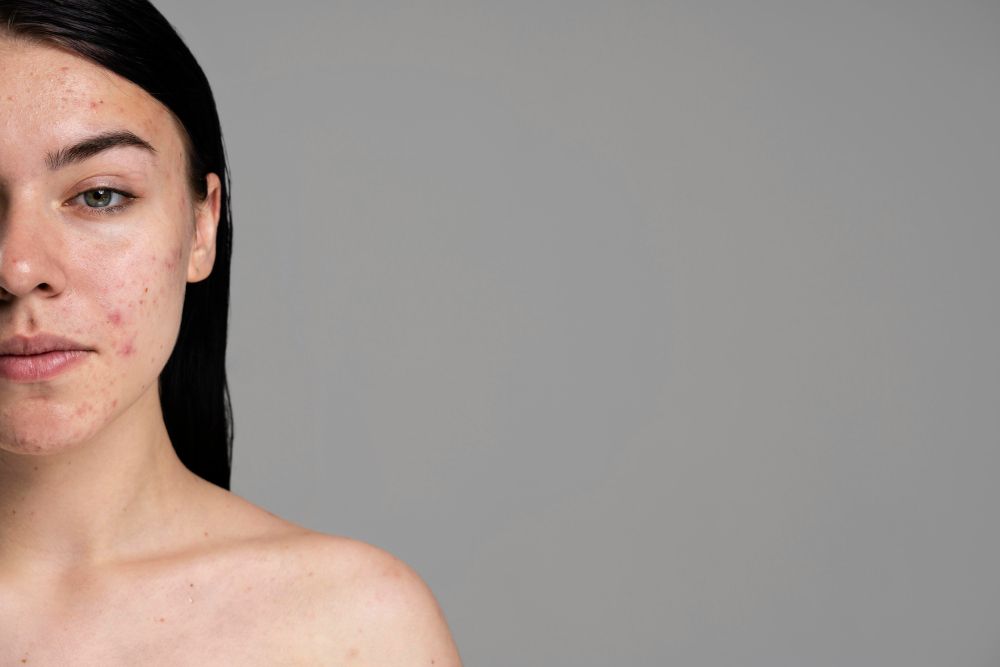
Limited impact on scar healing
Although vitamin E oil is often used on scars, studies have shown that it doesn't consistently improve the appearance of scar tissue. In some cases, it may cause contact dermatitis, which can make the skin look worse instead of better.
Can cause irritation in some skin types
About one-third of people who use topical vitamin E on healing wounds or scars experience some form of irritation. This is especially important to consider if you have sensitive or acne prone skin.
Better options exist for scar care
If you’re trying to reduce the risk of scarring, treatments like silicone sheets and consistent sun protection are more reliable than vitamin E. While vitamin E does offer antioxidant support, it isn’t a proven method for scar prevention or healing.
Book Now to Experience
Acne Treatment
1 Minute Self-Registration
Date should not be before minimal date

Vitamin E for Lipid Balance and Membrane Support
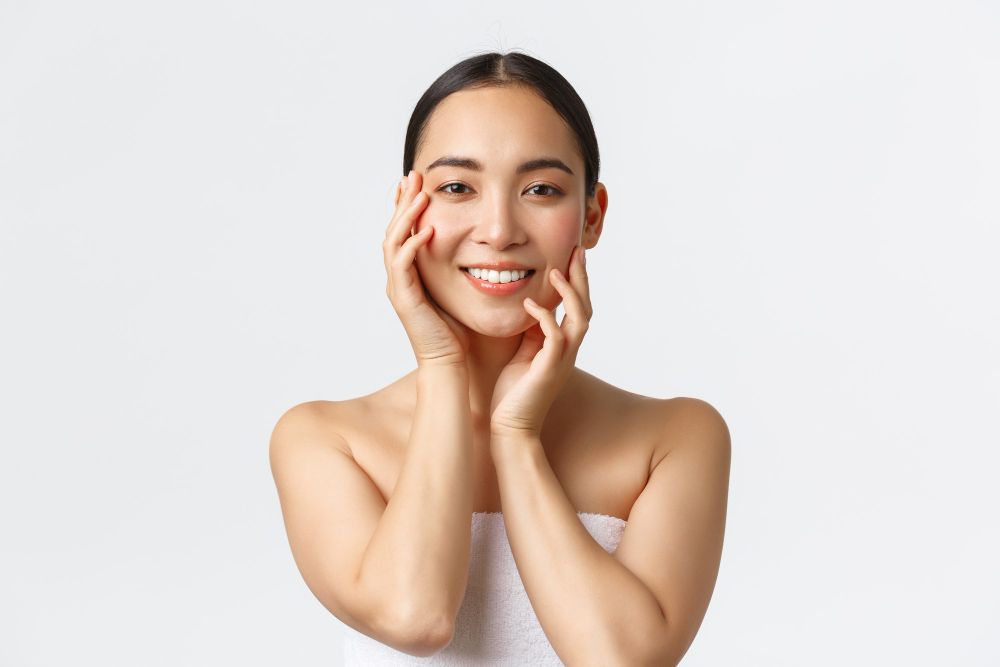
Supports healthy lipid structure in the skin
Vitamin E helps maintain the balance of lipids in your skin’s outer layer. These lipids are essential for keeping your skin hydrated and protected. Vitamin E helps prevent the oxidation of these fats, which keeps the skin barrier strong and stable.
Strengthens cell membranes
Vitamin E is a fat-soluble vitamin that blends into your skin’s cell membranes. This helps the membranes stay flexible and resistant to damage from environmental stress. A stable membrane supports better hydration and protection for skin cells.
Helps retain moisture in the outer skin layer
Vitamin E supports the skin’s natural moisturizing factor by helping keep lipid levels steady in the stratum corneum. This improves the skin’s ability to hold onto water and keeps the barrier intact, especially in dry skin types.

Wound Recovery Support with Vitamin E
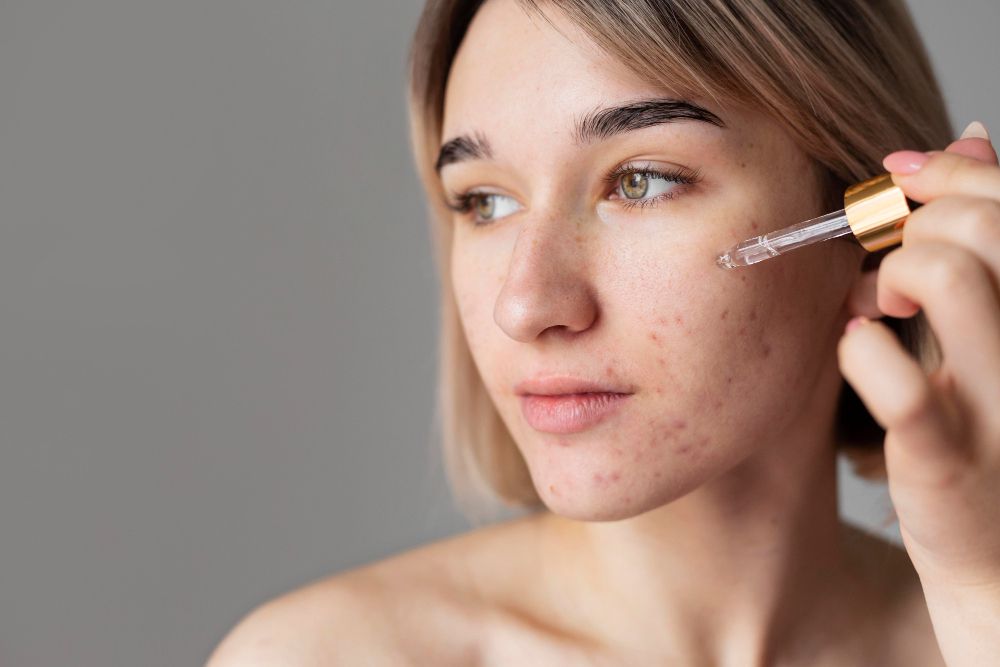
Protects healing skin from oxidative damage
Vitamin E helps protect new skin during the healing process by reducing oxidative stress. Its antioxidant properties guard developing tissue from damage, giving the skin a better chance to recover without complications.
Supports new skin cell development
When applied to minor wounds, vitamin E may help support the growth of new skin cells and the formation of granulation tissue. This type of tissue is important for wound closure and proper skin regeneration.
May support better healing outcomes
Vitamin E can help your skin heal more smoothly by encouraging healthy blood flow in the affected area. While it’s not a cure-all, it works alongside your body’s repair process by helping reduce swelling and protecting fragile tissue as it forms.
Book Now to Experience
Acne Treatment
1 Minute Self-Registration
Date should not be before minimal date

Vitamin E and Its Effect on Skin Immune Function
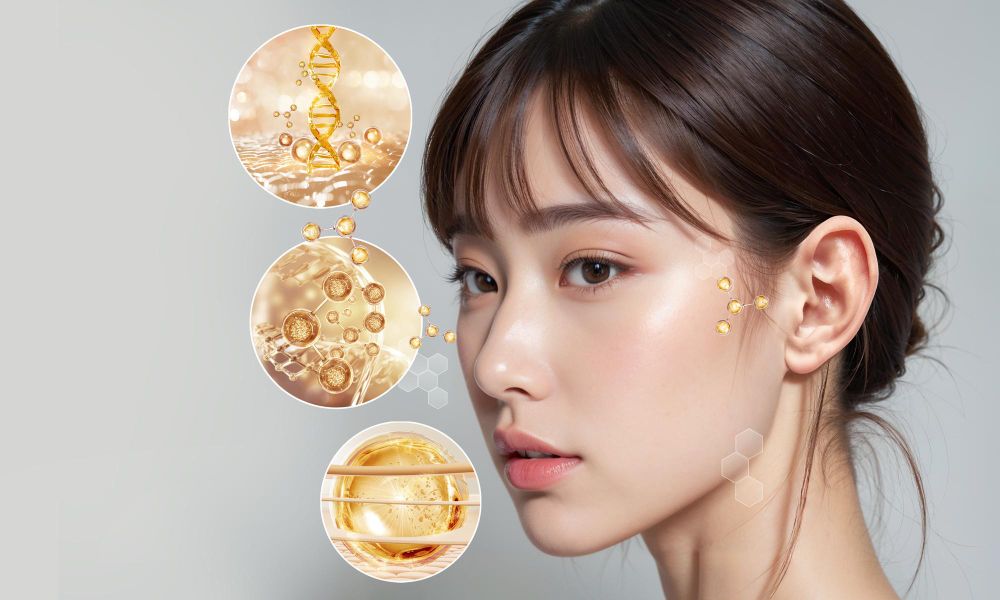
Balances immune response in the skin
Vitamin E helps regulate how your skin responds to irritation and external triggers. It interacts with immune cells like T-cells and macrophages to keep their activity in check, which helps prevent overreactions that can harm the skin barrier.
Supports cell signaling during stress
When your skin is exposed to environmental stressors or allergens, vitamin E helps manage how immune signals are sent and received. This helps avoid unnecessary inflammation and keeps the skin's defense system running smoothly.
Helps maintain skin barrier stability
By regulating the immune response and reducing excess inflammation, vitamin E supports the strength and stability of your skin barrier. This is important for keeping moisture in and irritants out, especially for sensitive or reactive skin types.

Stronger Antioxidant Effects When Combined With Other Nutrients
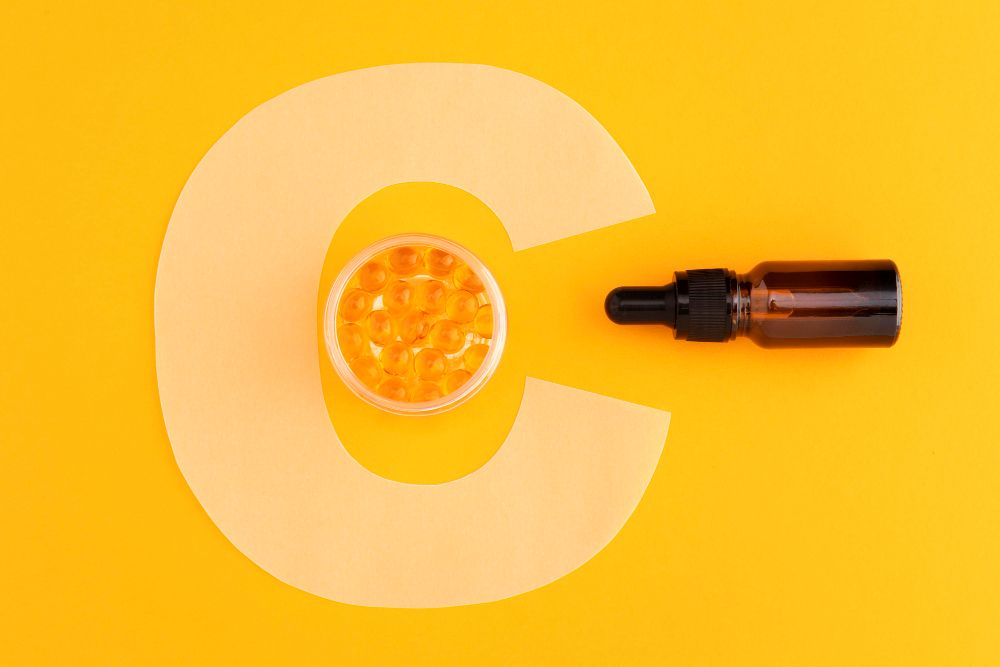
Works better when paired with vitamin C
Vitamin E and vitamin C work together to protect your skin from oxidative stress. Vitamin C helps restore vitamin E after it has been used up, which keeps its antioxidant effect going for longer. This pairing is often found in vitamin E products and skin care routines designed for sun-exposed or dry skin.
Provides wider protection across skin layers
Because vitamin C is water-soluble and vitamin E is fat-soluble, they cover different areas of the skin. Together, they offer more complete antioxidant protection. This helps defend against cellular damage and supports the skin’s ability to heal and stay strong.
Enhances performance of other antioxidants
Vitamin E also supports other compounds like carotenoids, flavonoids and selenium. When combined, these nutrients form a stronger defense against reactive oxygen species. This helps reduce oxidative damage, support skin cells, and promote a healthier, more resilient barrier.
Book Now to Experience
Acne Treatment
1 Minute Self-Registration
Date should not be before minimal date

Natural and Supplemental Sources of Vitamin E for Skin Health
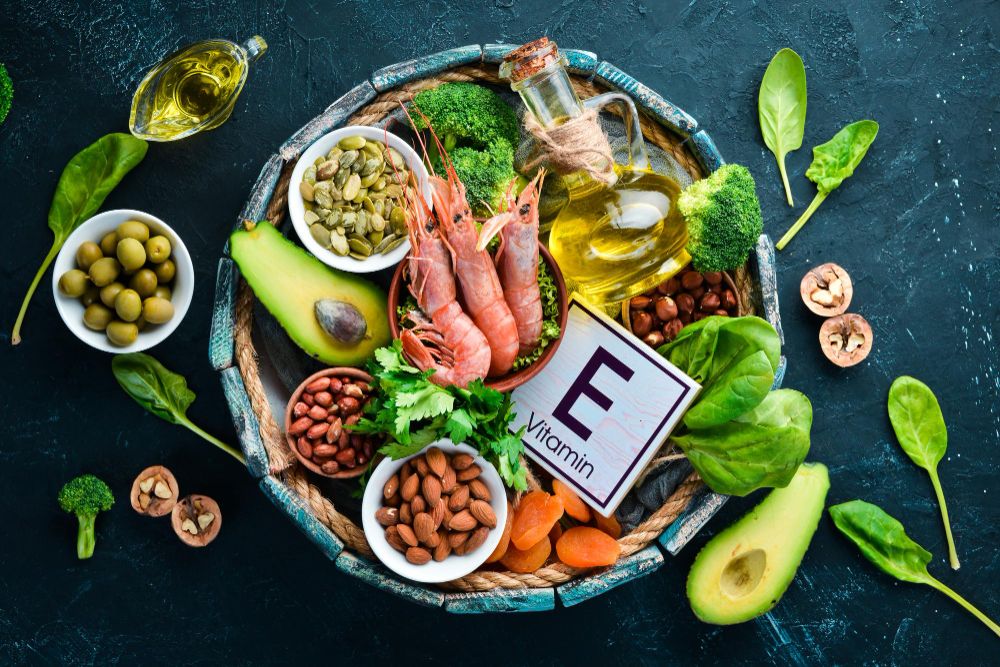
Rich food sources of vitamin E
Getting enough vitamin E through your diet is one of the simplest ways to support skin health. This essential nutrient is fat soluble, so it's mainly found in foods that contain healthy fats. Seeds and nuts are some of the best sources — sunflower seeds, almonds, and hazelnuts are high in alpha tocopherol, the most active form of vitamin E in the human body. Other options include spinach, avocados, and whole grains.
Plant oils like sunflower oil, safflower oil, wheat germ oil, and olive oil are also excellent sources. These are commonly used in cooking and can be included in everyday meals. These oils provide both general health benefits and help maintain the antioxidant protection your skin needs against cellular damage caused by environmental stressors.
Benefits of vitamin E supplements
If your diet doesn’t provide enough vitamin E, or if you follow a restricted or low-fat eating plan, vitamin E supplementation may help. This is especially useful for people with certain health conditions or absorption issues that lower vitamin E levels. Vitamin E supplements come in different forms, including capsules and softgels, and are often included in multivitamins.
It’s important to be cautious with high doses. While supplements can improve vitamin E levels in the body, taking too much may cause adverse effects. Always check the dosage and consult a healthcare professional if you’re unsure about the right amount.
Combining dietary intake with topical application
You’ll get the most benefit from vitamin E when you support your skin from both inside and out. A diet rich in vitamin E provides long-term support for skin structure, cell repair, and immune function. At the same time, topical vitamin E products can directly protect and hydrate the skin’s outer layers.
This combined approach is especially helpful for people with dry skin, acne prone skin, or those regularly exposed to UVB light and environmental stress. Whether you’re using a vitamin E oil, cream, or serum, pairing it with consistent vitamin E intake through food or supplements creates a stronger foundation for skin barrier repair, reduced inflammation, and healthier skin overall.

Skin Types That Respond Well to Vitamin E
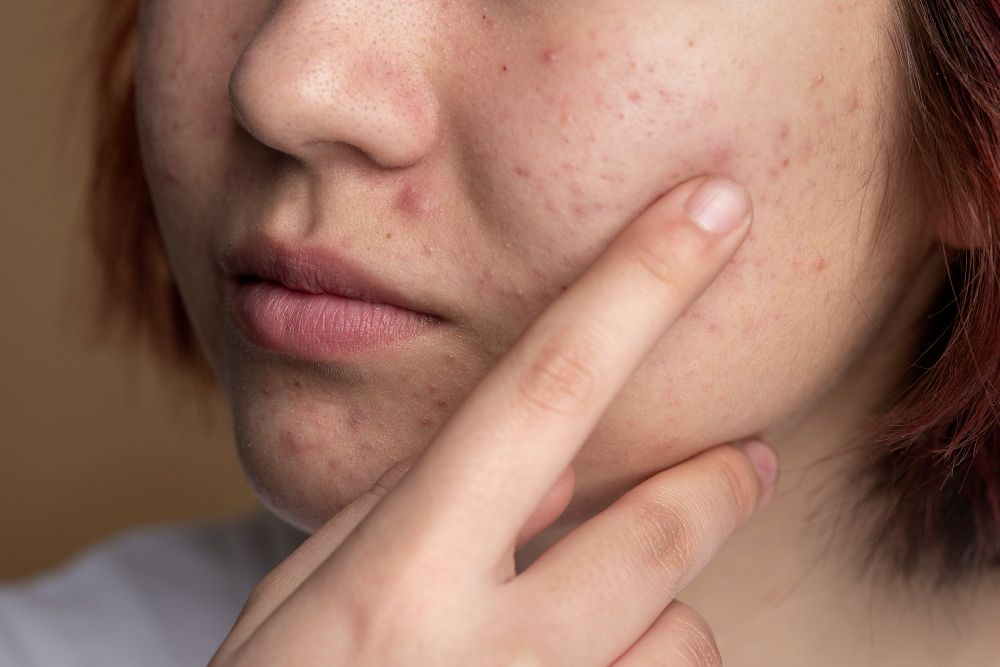
Dry and flaky skin
Vitamin E is especially helpful for people with dry skin. Its emollient properties help seal in moisture and prevent water loss through the skin barrier. When applied topically, it softens rough patches, smooths the surface, and supports hydration. This makes it a valuable part of any skincare routine focused on restoring moisture and strengthening the barrier.
Acne prone skin
Vitamin E can help reduce redness and inflammation in acne prone skin by calming the skin’s immune response and supporting repair. Its antioxidant benefits protect skin cells from oxidative stress, while its soothing properties may improve the look of post-acne marks. However, some people with oily or congested skin may find certain vitamin E oils too heavy, so lighter formulations or blended products may be a better option.
Sensitive and reactive skin
People with sensitive skin often benefit from vitamin E’s ability to reduce irritation. It helps stabilize cell membranes and supports recovery from exposure to UVB light or harsh environmental stressors. Vitamin E is commonly found in products aimed at calming redness and supporting the skin barrier.
Skin with mild inflammatory skin conditions
Those dealing with mild skin disorders like atopic dermatitis or contact dermatitis may see improvement with vitamin E use. It helps reduce inflammatory responses, protect the lipid barrier, and calm itching or discomfort linked to flare-ups. While not a cure, it can be a useful support when used alongside other gentle skincare products.

How Acne Treatment Supports and Enhances the Benefits of Vitamin E
Combines targeted care with antioxidant support
If you're using vitamin E to calm inflammation, support skin healing or balance oil production, professional acne treatment can help you see better and faster results. One treatment option that works especially well with vitamin E skincare is New Beauty’s Acne Treatment, a non-invasive solution designed for acne prone skin.
Deep-cleans and prepares skin for topical nutrients
The treatment starts by using dual spiral suction and drainage technology to remove dead skin cells, excess oil, and buildup from clogged pores. This deep cleansing step improves how well the skin absorbs topical nutrients, including vitamin E oil and serums. When pores are clear, vitamin E can reach deeper layers of the skin, where it works to reduce oxidative stress, calm sebaceous glands, and support skin cell repair.
Boosts hydration and skin barrier recovery
After exfoliation, a hydrating serum is infused into the skin to balance the water-oil ratio and reduce oiliness. This step complements vitamin E’s moisturizing and anti-inflammatory effects by helping to soothe irritated skin, reduce acne breakouts, and encourage collagen support. The combination helps your skin stay calm, clear, and hydrated — key benefits for anyone managing acne, redness, or dry skin.
Non-invasive and suitable for sensitive skin types
This treatment is non-invasive, incision-free and generally well-tolerated, even for people with sensitive or inflamed skin. It’s especially helpful for those dealing with acne scars, blackheads, whiteheads, and enlarged pores, and can be used alongside skincare routines that include vitamin E products, antioxidants, or topical vitamin C.
Supports consistent skin improvement
While vitamin E supports the skin over time, monthly sessions of this acne treatment help maintain clear pores, control oil production, and prepare the skin to better absorb beneficial ingredients. For those with acne prone skin, this combined approach helps improve results without harsh products or medications.
Book the Acne Treatment today to support your skin from every angle — inside and out.
New Beauty's Acne TreatmentBook Now to Experience
Acne Treatment
1 Minute Self-Registration
Date should not be before minimal date
FAQ
Can vitamin E help with wrinkles and signs of aging?
Yes, vitamin E may help reduce the appearance of fine lines and wrinkles. As a potent antioxidant, it helps protect skin cells from oxidative damage caused by UVB light and environmental stress. While it doesn’t reverse deep wrinkles, regular use of vitamin E products can improve the skin’s elasticity and moisture retention, giving it a smoother appearance over time.
What’s the difference between tocopherol and tocopheryl acetate?
Tocopherol is the purest form of vitamin E and is often found in natural oils and high-quality skin care products. Tocopheryl acetate is a more stable, synthetic form commonly used in creams and lotions. Both have antioxidant benefits, but tocopherol may be more effective when applied topically due to better absorption.
Can vitamin E be used on all skin types?
Vitamin E is generally safe for most skin types, including dry, normal, and combination skin. People with acne prone or oily skin should choose lighter formulations to avoid clogging pores. If you have sensitive skin or allergies, it’s best to patch test any new vitamin E product, especially oils or concentrated serums.
Does vitamin E interact with other skin care ingredients?
Vitamin E works well with many other skin care ingredients, especially vitamin C. Together, they create a stronger antioxidant effect. It can also be paired with ingredients like ferulic acid and hyaluronic acid. However, combining it with strong exfoliants like AHA or BHA may increase sensitivity, so it’s best to space out their use.
Are there any risks with high doses of vitamin E supplements?
Taking high doses of vitamin E supplements may lead to adverse effects, especially over long periods. It can interfere with blood clotting and may interact with certain medications. Always follow recommended vitamin E intake guidelines and consult a healthcare provider before starting any supplementation, particularly if you have health conditions or take other supplements.
Recommended Articles
COPYRIGHT© NEW BEAUTY MANAGEMENT LIMITED 2026. ALL RIGHT RESERVED.


